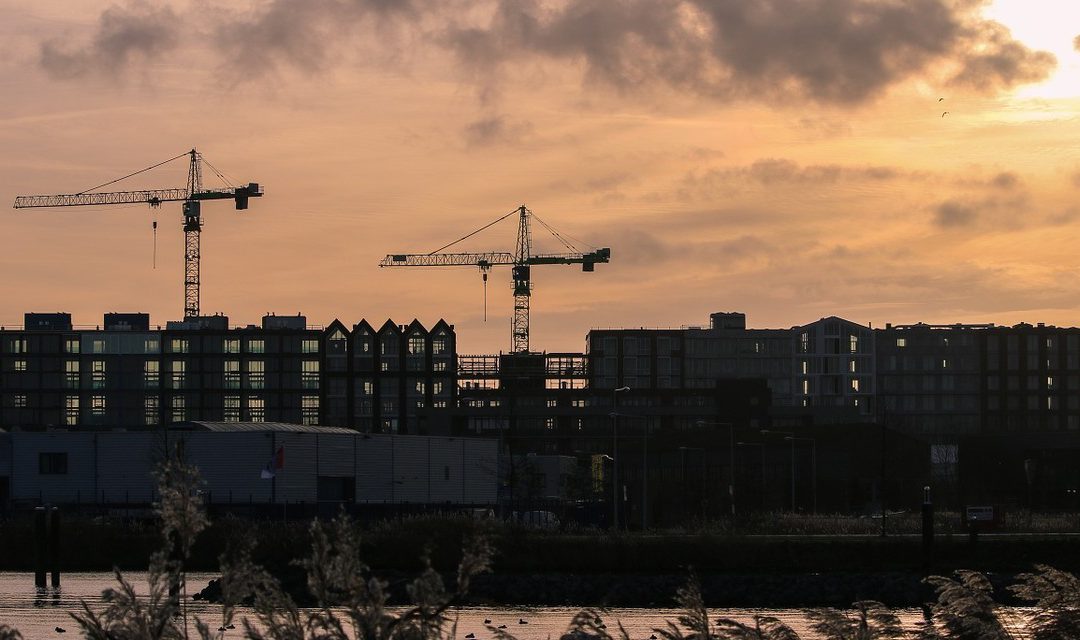
The Big Question: Lease vs. Buy
Considering a move?
For businesses looking to expand or move, one of the first matters at hand is: Leasing vs. Buying. A serious question. There really is no short answer. It requires diligent examination; as with every large endeavor, every detail matters.
Leasing vs. Buying
Usually, the most logical place to start is by examining the benefits and drawbacks of each of you options, especially as they pertain to your business. For example, a business undergoing rapid growth may consider buying a building to accommodate future expansion rather than increasing their leasing space – and expenses – as the company grows.
To help with your decision-making, here is a list of some pros and cons.
Benefits of Leasing
- Property costs are spread out over the term of the lease.
- The landlord pays for the cost of capital and repairs.
- You can free up more money to put back into the business.
- You are able to lease property in a prime location with fewer budget restrictions.
- You have the flexibility to relocate at the end of the lease.
- You have no responsibility for the building if it is damaged due to fire, storm, floods, etc.
- Long-term costs of leasing are easier to forecast and budget.
Drawbacks of Leasing
- You will have no control over the other tenants in the building. They could have a negative impact on parking, hours of operation, use, and compatibility.
- For a business with easy access to capital, leasing may actually turn out to be more expensive than owning.
- Even if your business becomes unprofitable, you must continue paying rent or face penalties to get out of the lease.
- Most leases stipulate that the landlord may require you to remove any improvements you made to the premises.
Benefits of Buying
- After the initial upfront costs, ongoing costs may actually be less.
- You’ll have an asset for the business, and any appreciation that comes with it.
- You have full control over the property and can make changes to suit your needs.
- You will gain equity as you pay down the mortgage.
- You have the option to lease part of the property to someone else, and you can use that money to help pay the mortgage more quickly, or reinvest.
- You’ll have some tax shelter in the interest and depreciation deductions. Also, upon the sale of the property, the tax on the gains is usually lower than on ordinary income. The capital gains tax rate is currently 20% and depreciation recapture is 25%.
Drawbacks of Buying
- Relocating may be more difficult. The process could take months or even years.
- The down payment is often 20-30 percent. This is money you could otherwise use for the business.
- Property management issues can become complex in areas such as legal compliance, health and safety, and maintenance issues–which can be costly.
- The ability to refinance may be limited in times of economic recession or depression.
- There are several transaction costs associated with buying a commercial property.
Leasing or buying commercial real estate is a big commitment–of both your time and your finances. You may want to check out DBG’s great tool for assisting with the decision-making process: a Buy vs. Lease Analysis Tool.
And a final note: If you have decided to proceed with purchasing a property, you also have the option of constructing a brand new building to suit your needs. You can always contact a qualified General Contractor to discuss your property and project needs.
Check back with our blog frequently to view future posts on that topic, and take a peek at some of our finished projects! If you have any questions about current or future projects, we would love to hear from you!
